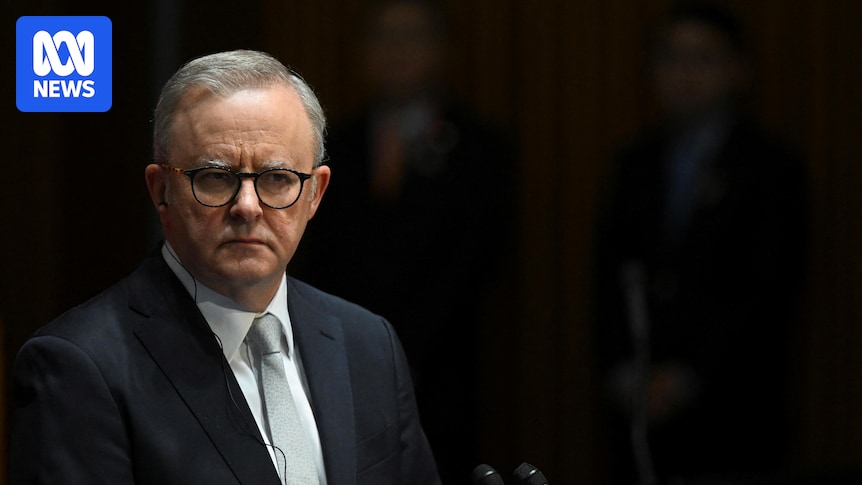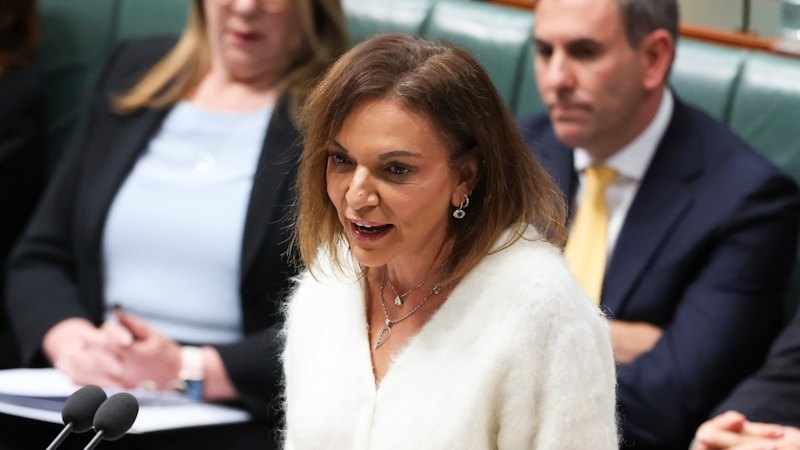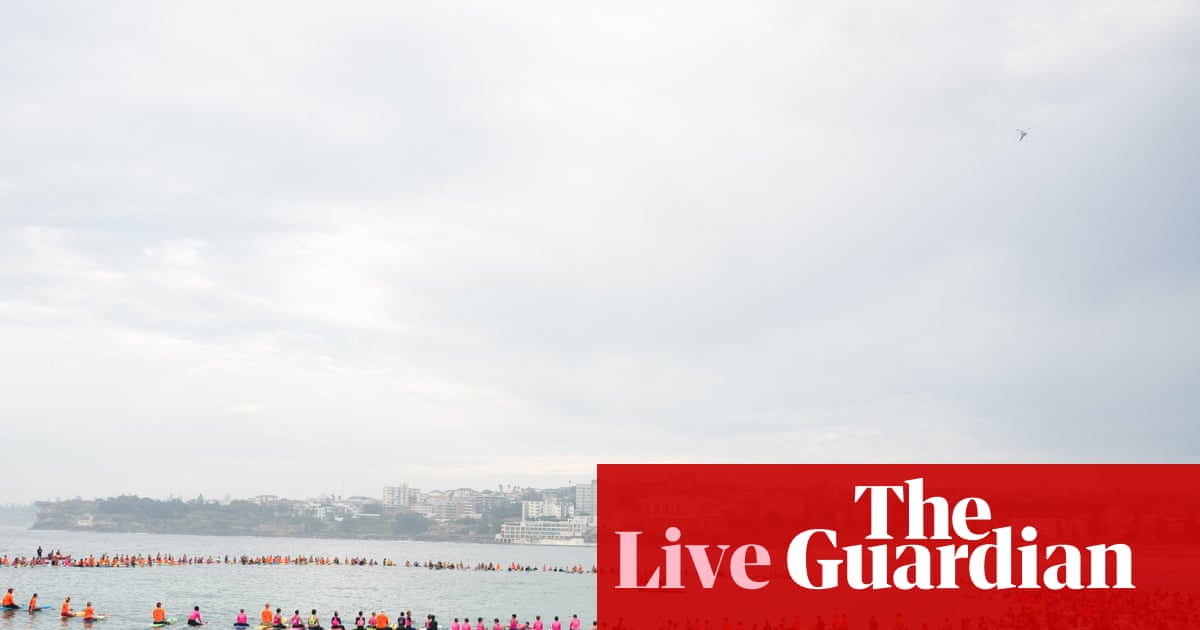
The Prime Minister has described the ongoing conflict in Gaza as a “humanitarian catastrophe” and reiterated Australia’s commitment to a two-state solution. This statement comes amid escalating tensions and international debates over the path to peace in the region.
France has announced its intention to formally recognize Palestine later this year, marking a significant shift as it becomes the largest and most influential European nation to do so. This move is expected to have profound implications for international diplomacy regarding the Israeli-Palestinian conflict.
Strong Words from the Prime Minister
In some of his most forceful comments on the conflict to date, Prime Minister Anthony Albanese stated that the situation in Gaza has surpassed “the world’s worst fears.” He condemned the actions of Israel, particularly the denial of aid and the killing of civilians, including children.
“Gaza is in the grip of a humanitarian catastrophe. Israel’s denial of aid and the killing of civilians, including children, seeking access to water and food, cannot be defended or ignored,” he said. “We call on Israel to comply immediately with its obligations under international law.”
The United Nations has reported that thousands of aid trucks are unable to enter Gaza, exacerbating the humanitarian crisis. This development follows Australia’s participation in a joint statement with 27 other countries earlier this week, demanding an immediate end to the war.
International Reactions and Diplomatic Tensions
Israel has dismissed these joint calls as “disconnected from reality,” suggesting that the focus should be on the actions of Hamas. Australia, which does not officially recognize a Palestinian state but maintains diplomatic ties with the Palestinian Authority, refers to the West Bank and Gaza as the “Occupied Palestinian Territories.”
While Mr. Albanese’s comments did not directly address France’s decision to recognize Palestine, they align with Australia’s long-standing position on the matter. “Recognising the legitimate aspirations of the Palestinian people for a state of their own has long been a bipartisan position in Australia,” he noted.
“The reason a two-state solution remains the goal of the international community is because a just and lasting peace depends upon it. Australia is committed to a future where both the Israeli and Palestinian peoples can live in peace and safety, within secure and internationally recognized borders.”
Responses from Israel and Domestic Criticism
Israel’s ambassador to Australia, Amir Maimon, responded by emphasizing the need to place pressure on Hamas. “To condemn Israel for defending itself is wrong,” he stated on X, arguing that such criticism deflects attention from Hamas’s role in the conflict.
Last year, Foreign Minister Penny Wong indicated that Australia might consider recognizing a Palestinian state as part of a peace process rather than as an endpoint. Currently, more than 140 countries globally recognize Palestine, though the US, UK, Canada, New Zealand, and Australia are not among them. France’s upcoming recognition will make it the first G7 country to do so.
Domestically, the Coalition has criticized the Prime Minister’s statement. Shadow Foreign Minister Michaelia Cash argued that it fails to adequately address Hamas’s responsibility for the conflict. “It is disappointing that Prime Minister Albanese’s statement about Gaza once again fails to place any blame on Hamas, a listed terrorist organization, for the delays in aid reaching the people of Gaza,” she said.
“Any moral outrage about the situation in Gaza should be directed at Hamas. Hamas and its allies have tried to disrupt the flow of aid into Gaza and have stolen humanitarian aid for their own purposes,” she added. Hamas has denied these allegations.
Looking Forward: The Path to Peace
Senator Cash acknowledged the need for Israel to facilitate the flow of aid into Gaza, stating, “The Coalition acknowledges that the delay in aid entering Gaza is unacceptable and that the Israeli government needs to urgently work with international bodies to allow aid to flow freely to those that need it.”
She also emphasized the importance of establishing a system that prevents Hamas from intervening in the distribution process. As the international community continues to grapple with these challenges, the path to a sustainable peace remains fraught with complexity.
The situation in Gaza and the broader Israeli-Palestinian conflict continue to demand urgent attention from global leaders. The recognition of Palestine by influential nations like France could potentially shift the diplomatic landscape, but the road to peace will require concerted efforts from all parties involved.






